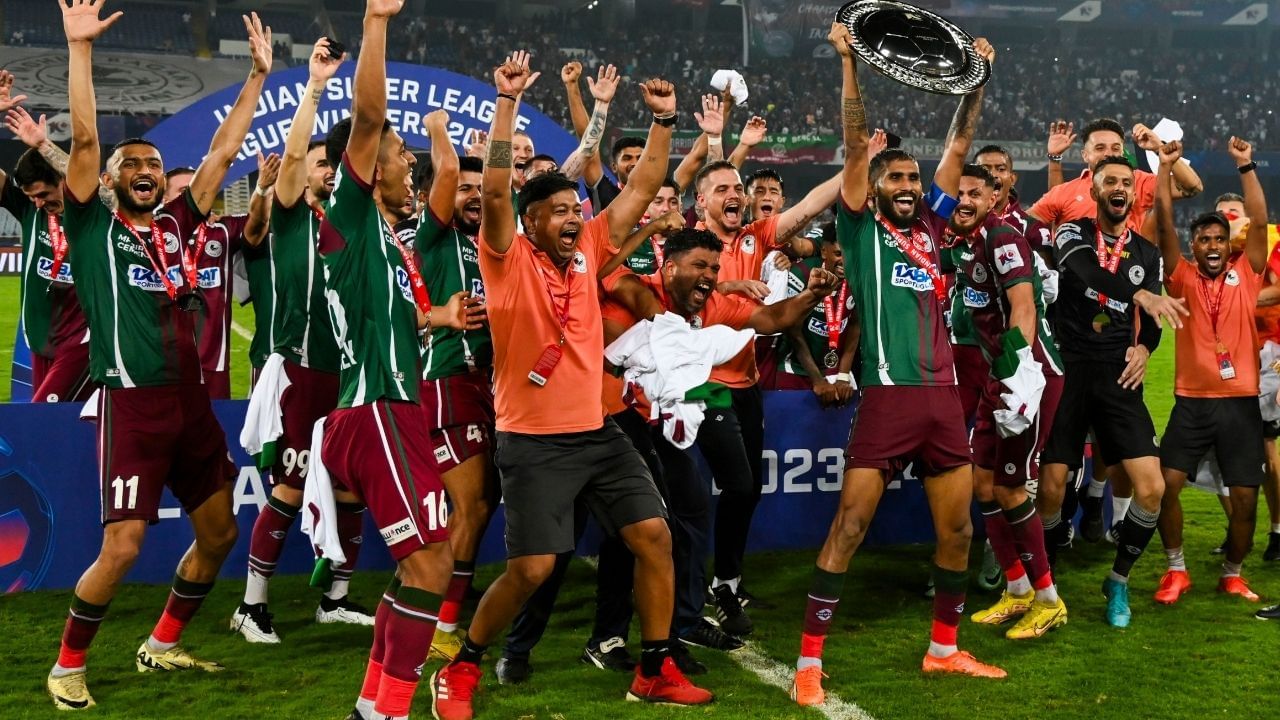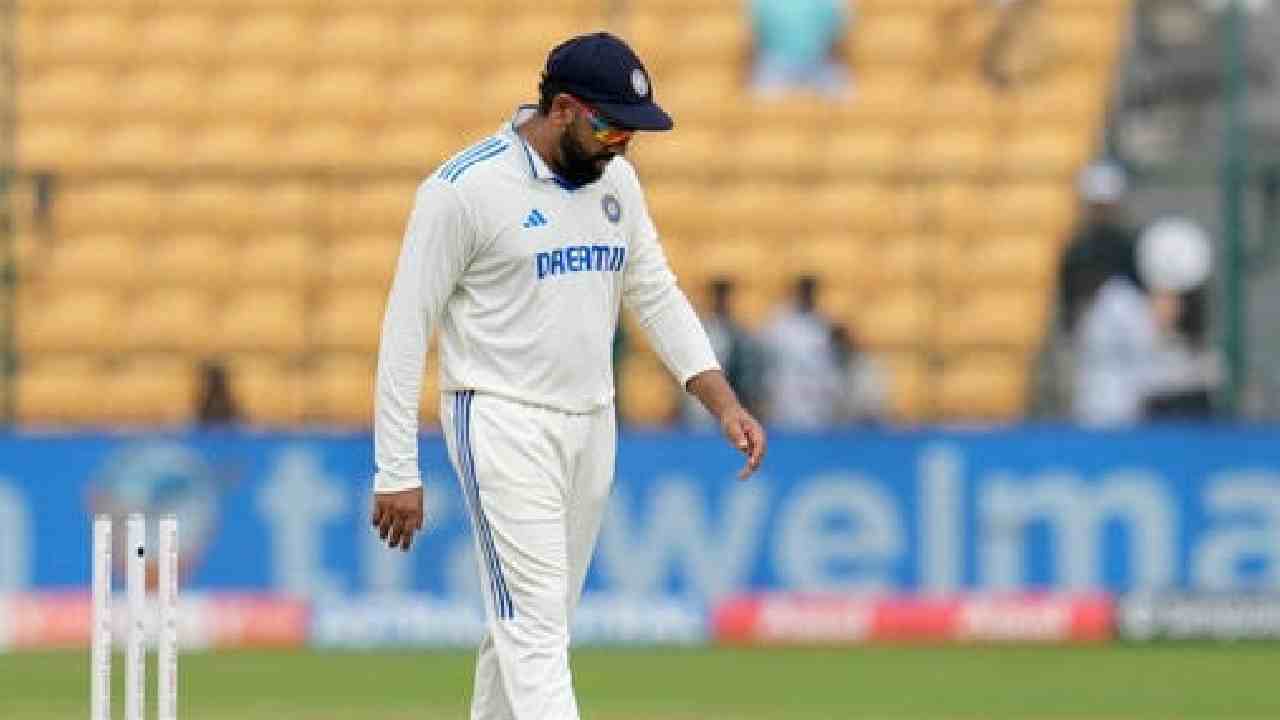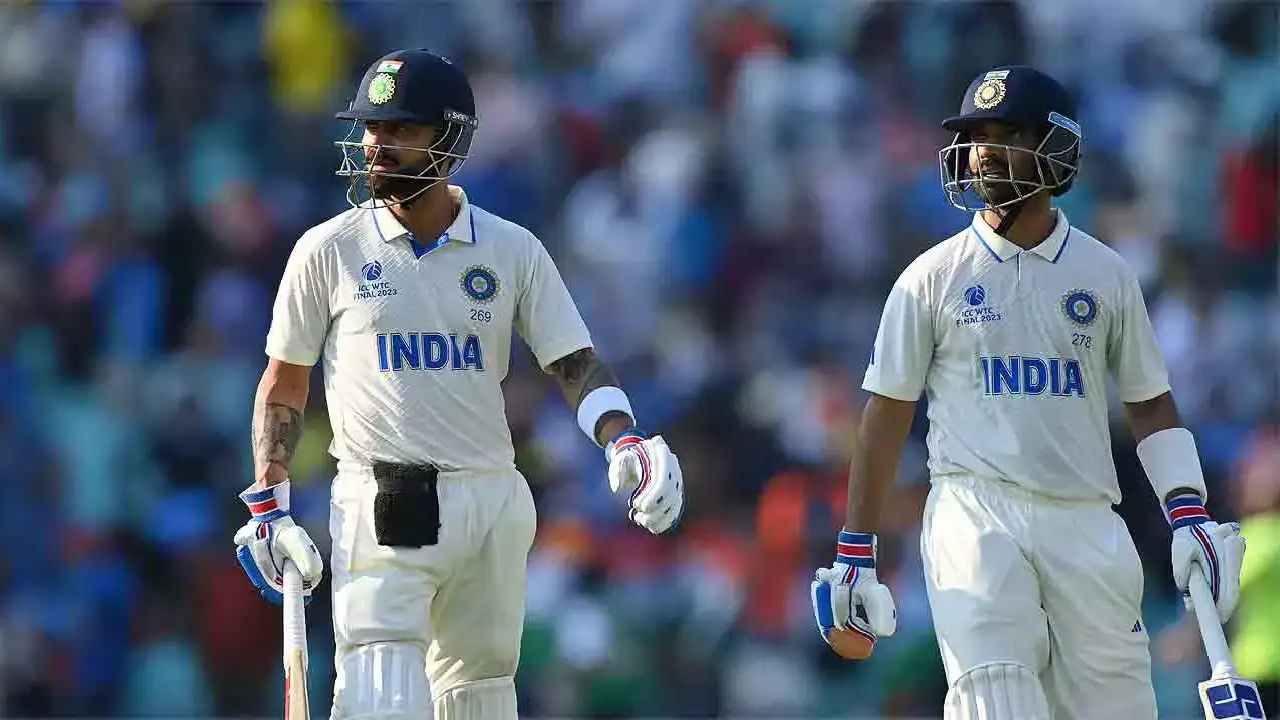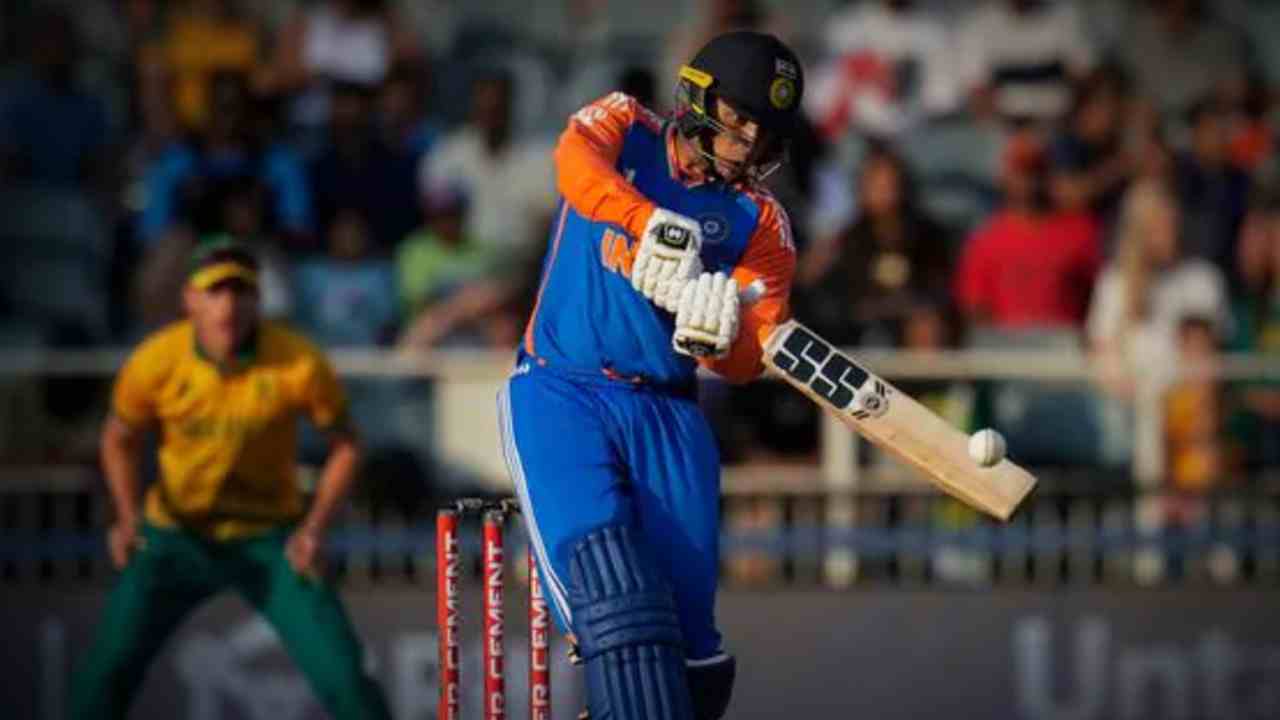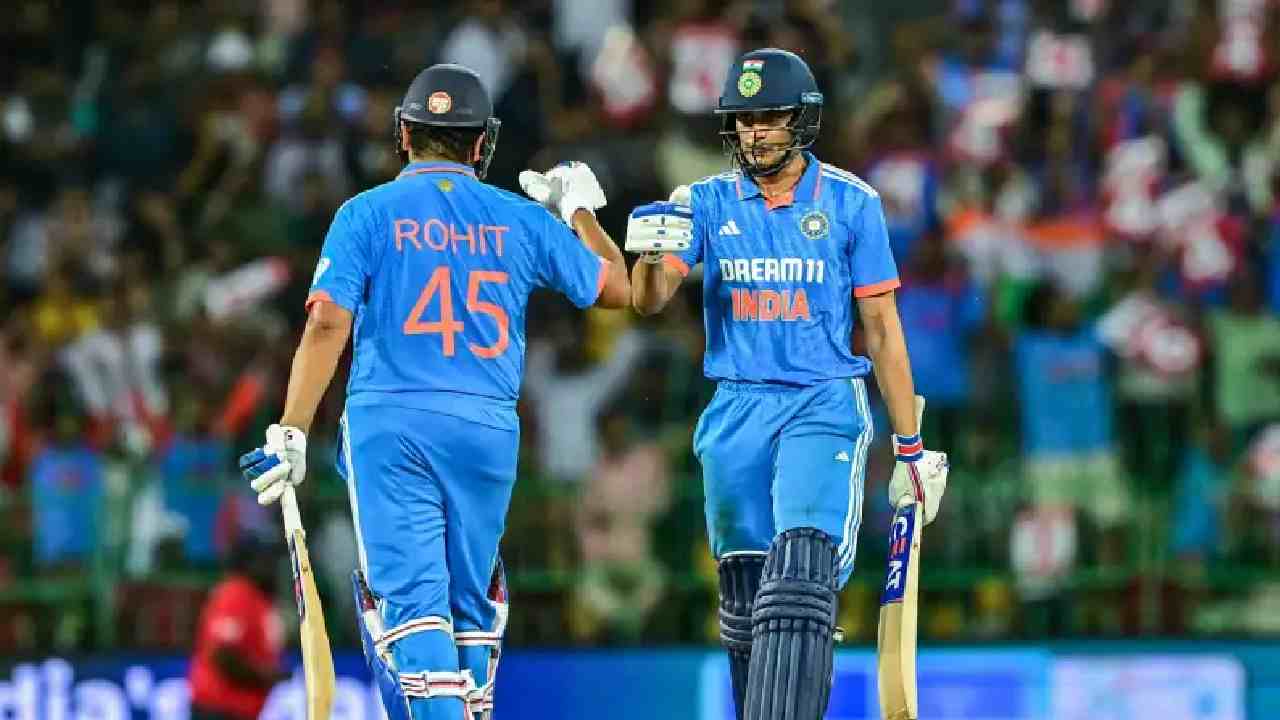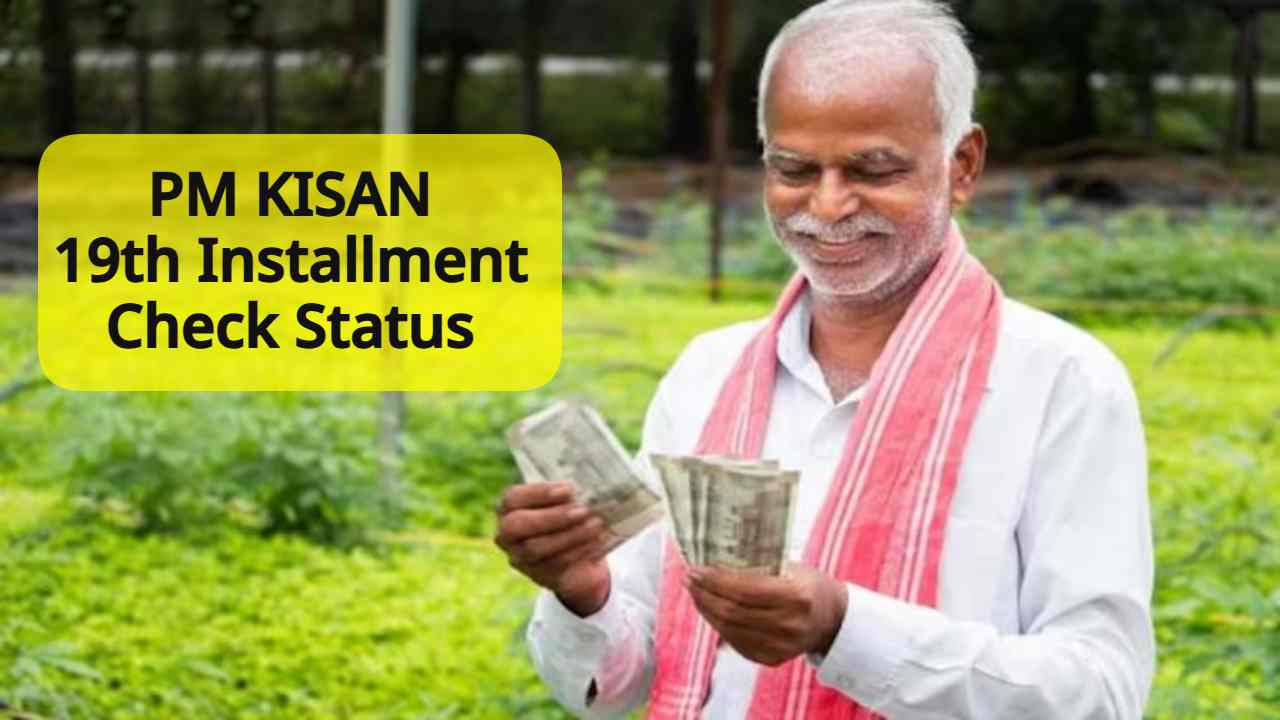The ongoing conflicts in the Middle East, particularly in Israel and its neighboring regions, have impacted sports on a global scale. Among the affected is the Mohun Bagan Super Giant (MBSG), an Indian football club that has faced a significant setback due to the current geopolitical situation. The Asian Football Confederation (AFC) has officially announced that Mohun Bagan SG will be considered withdrawn from the AFC Champions League 2 due to its decision not to travel to Iran for a scheduled match against Tractor FC.
Understanding the Situation
Given the volatile conditions in the region, particularly after heightened tensions following recent military actions, MBSG prioritized the safety and well-being of its players. The club was scheduled to play against Tractor FC on October 2, 2024, but decided against the trip to Iran, which has been grappling with political instability and widespread unrest.
AFC’s Formal Statement
In a recent statement, the AFC confirmed MBSG’s suspension, citing the club’s failure to reach Tabriz for the crucial match. “According to Rule 5.2 of the AFC League 2 2024/25 Competition Regulations, Mohun Bagan Super Giants have been suspended for their non-compliance,” the AFC stated. As a result, all matches played by MBSG in the tournament are rendered null and void according to Rule 5.6, meaning that points and goals scored will not contribute to the group’s final standings.
A Look Back at MBSG’s Journey
Before this development, Mohun Bagan Super Giant had participated in their opening match of ACL 2 against FC Ravshan of Tajikistan, ending in a draw without any goals. The team displayed commendable performance, but the looming conflict overshadowed their spirits. The players had voiced their concerns about safety in light of the mourning period declared in Iran following the death of a key military figure recently targeted in an airstrike. This further exacerbated the team’s apprehension regarding travel to the region.
Future Implications for MBSG
The AFC will refer this matter to the relevant committee for further evaluation, which could set a precedent for how teams handle safety concerns amid geopolitical crises. The decision not only impacts Mohun Bagan SG but also raises questions about the future of international sporting events in politically unstable regions.
This incident serves as a reminder of the intricate relationship between sports and politics and how external factors can profoundly influence the world of athletics. In the face of adversity, Mohun Bagan SG’s decision underscores the importance of player safety and illustrates a commitment to prioritizing well-being over competition.

